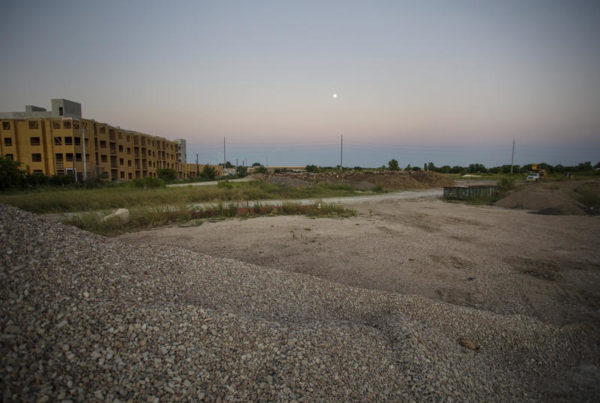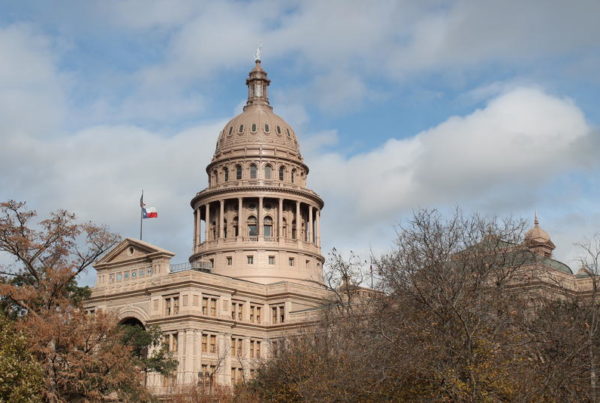The retirement of Supreme Court Justice Anthony Kennedy could signal the end of Roe v. Wade, though Rocky Rhodes, a law professor at South Texas College of Law in Houston, says it’s likely the landmark court case won’t be overturned all at once.
“It is certainly going to see a restriction of abortion rights, and it may see the gradual overruling of Roe v. Wade, depending on what Chief Justice [John] Roberts is going to do,” Rhodes says. “If he’s inclined to overrule it or if he’s inclined to just limit it substantially. And by limiting it, I would think that a law very similar to what the Texas Legislature passed in 2013 that required certain credentialing requirements of individuals who are performing abortions and also regulated abortion clinics – that that law would be upheld by the Supreme Court likely with a new justice replacing Justice Kennedy, who was essentially the key vote in that case striking down the Texas law.”
Rhodes says that Kennedy’s replacement would be unlikely to support abortion rights, but more importantly, Chief Justice Roberts has been hesitant for the court to overrule cases.
“So it may be more of a gradual decline,” he says, “rather than one case immediately overturns Roe v. Wade. We may see this play out over six years, 10 years or more before they actually say Roe v. Wade and Casey v. Planned Parenthood are overruled.”
President Donald Trump says he’ll be referring to the list of 25 people he made during the search for a successor to Justice Antonin Scalia, who died in 2016. Former Texas Supreme Court Justice, and current member of the U.S. Fifth Circuit, Don Willett is on that list and could be considered for the position.
Scott Keller, solicitor general of Texas, was a law clerk to Justice Anthony Kennedy during the 2009-2010 term. Keller says Kennedy’s departure marks the end of an era.
“It’s really hard to imagine the Supreme Court without Justice Kennedy,” he says. “He is such a thoughtful, deliberative justice.”
Keller says Kennedy was also well-regarded personally at the Court.
“Justice Kennedy is a consummate gentleman, and brought an immense amount of civility to the bench,” Keller says.
Kennedy provided the swing vote in many closely-fought cases, sometimes siding with conservatives, other times with the more liberal justices. Keller says Kennedy didn’t see it that way.
“The Supreme Court doesn’t get to pick which cases it will hear at any given time,” Keller says. “While Justice Kennedy was certainly a pivotal justice on the court for many years, his influence on the law obviously can’t be understated, I certainly don’t think he saw his role as somehow the single justice on that court that had to be considered. To the contrary, I think he valued all of his colleagues perspectives.”
Keller downplays the likelihood that Kennedy’s retirement means that Roe v. Wade, is likely to be overturned by a post-Kennedy court.
“I know for a fact that every justice of the court, and certainly every lower-court judge is used to applying precedents of the Supreme Court. That’s not going to go away tomorrow.”















